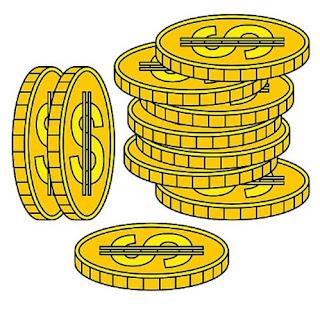- Based on the behaviourist approach – all human behaviour is learned, and it should be possible to encourage the
 unlearning of behaviour by using the same principles.
unlearning of behaviour by using the same principles. - Behaviour modification involves reinforcing obedience and punishing disobedience. Made possible in prison through token economies.
- Use of a token economy system: tokens are secondary reinforcers for phone call, gym time, extra food, etc. Based on operant conditioning.
- Reward desirable behaviours such as avoiding conflict, following prison rules, keeping cell tidy, etc
- Non-compliance or disobedience could result in tokens being withheld or removed (punishment)
- Overseen by prison officials who can monitor effectiveness of programme.
| Supporting Evidence – Tom Hobbs and Michael Holt (1976) – introduced token economy system with groups of young delinquents across 3 behavioural units (and 4th control), significant different in token economy groups compared to non-token economy group – shows that it is effective in bringing about positive behaviour.
Easy to Implement – no need for specialist professionals, cost-effective and easy to follow. |
Requires Consistency – John Bassett and Edwards Blanchard (1977) – benefits were lost due to techniques being applied inconsistently due to lack of training and high staff turnover – may be inefficient in that it requires total consistency within the institution.
May Do Little to Prevent Future Recidivism – Ronald Blackburn (1993) – behaviour modification has ‘little rehabilitative value’, positive effects may be lost upon release (extinction) – token economy is only useful in reinforcing conduct within institution but may lose its usefulness in the outside world. Ethical Issues – Moya and Achtenburg (1974) – see it as manipulative and dehumanising to revoke privileges and make them comply – ethically questionable. Reductionist – only deals with outward behaviour, ignores cognitive or psychological aspects – this does not actually always fix drive to offend, and may mean offenders ‘play along’ to receive rewards |
